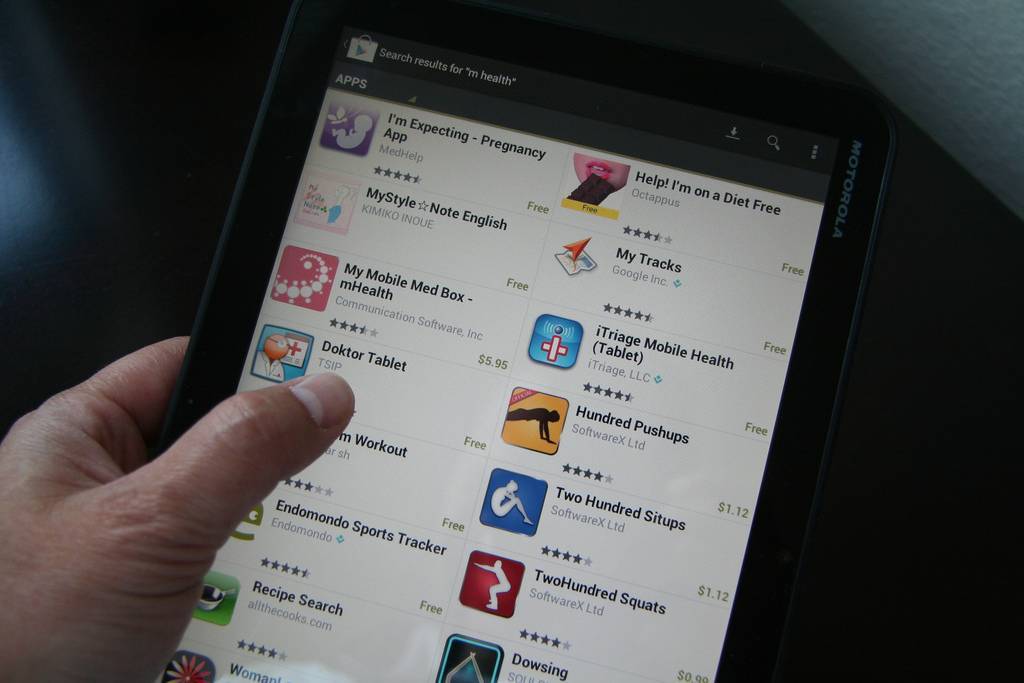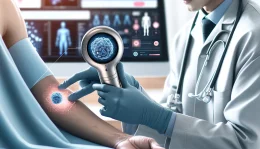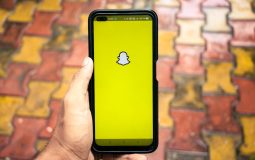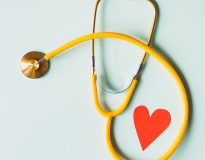What was the promise of reduced admissions and improved health outcomes in patients? This goal has not been achieved and is not happening how we thought it would. Usage of mobile devices in healthcare is basically what mHealth is.
App development for healthcare.
Using the continuous mHealth-powered, patient-provider connection — is what drives the mobile healthcare market. However, the increasing wave of attracted app development and investments is expected to boost the market up to $102.35B by 2023.
The app forecasts.
Forecasts alone cannot keep the interest in healthcare app development in the long run. Clinical stakeholders, payers, and consumers altogether need tangible results from mHealth to prove its efficiency and highlight priority areas to focus on. Here’s where it gets complicated.
Scarce evidence for mobile app (mHealth).
A recent overviews comes from the scientists from the Centre for Research in Evidence-Based Practice. Located at Bond University in Queensland, Australia. The scientists concluded that there is not enough evidence to decide whether providers should recommend the currently available mHealth apps to their patients.
Data gathered from 4 databases since 2008.
The team inspected four databases from 2008 onwards and the Journal of Medical Internet Research. This collection identified only six systematic reviews with 23 randomized controlled trials (RCTs).
Evaluations.
Evaluating 22 standalone healthcare apps was the goal. These apps are mostly targeting obesity, mental health, and diabetes. Meanwhile, the mHealth Economics 2017 study states that major app stores feature around 325,000 unique health apps.
So, in ten years, only 22 were apps evaluated.
According to the researchers, “most trials were pilots with small sample sizes and of short duration. Risk of bias of the included reviews and trials was high.”
Quality of evidence.
The overview also states that “the overall low quality of the evidence of effectiveness greatly limits the prescribe-ability of health apps. mHealth apps need to be evaluated by more robust randomized controlled trial’s (RCTs) that report between-group differences before becoming prescribe-able.”
The possible harm of under-researched healthcare apps.
This lack of proven credibility lowers the chances of healthcare apps to become full-fledged care delivery tools used in clinical settings and in patients’ homes. Instead, apps that are healthcare apps will be either perceived as a huge market of novelty toys or even a harmful technology.
Non-studied apps: good, bad, or evil?
One of the recent studies discovered that the use of fitness trackers and calorie-counting apps can exacerbate eating disorders — increasing eating concerns and triggering dietary restraints.
So who do we believe?
NHS-accredited apps is a library for apps that have been developed and studied for the healthcare system. This group of apps are put together claiming to help patients with many conditions. These conditions include disorders such as bipolar disorder, bulimia nervosa, and post-traumatic stress disorder (PTSD).
Who tests the testers?
Meaning how do we check for validity?
These tests were found to be of questionable efficiency. These apps had no scientifically reviewed data to prove they are indeed helping patients with depression or anxiety caused by mental health disorders.
Other research.
Another research, also touching upon the currently available apps for mental health, concluded that there is a significant gap. App vendors, the scientific community, and clinical stakeholders do not all match in their outcomes.
Lack of consistency in outcomes hurts all areas of healthcare.
This lack of collaboration in the creation of apps causes a stopgap in the system. Some claim to relieve the symptoms of complex psychological conditions. This will harm every party involved.
The proof.
Without solid proofs of efficiency, the resulting product can’t be openly suggested to anyone who may need it. This makes the situation where the user base won’t grow as fast as it could and should. Providers won’t get improvements in patients’ health results. Patients certainly won’t be able to use reliable mobile self-management tools.
On top of that, even when the study is conducted, an app still can go under fire.
The case of Natural Cycle app causing unwanted pregnancies.
93 percent isn’t good enough when you are looking at a pregnancy.
Natural Cycles is the mobile app for non-hormonal and non-intrusive female birth control. The app uses algorithms that determine a woman’s fertility status. The app analyzes a user’s basal body temperature in combination with cycle length, sperm survival.
Supposedly?
The app “supposedly” helps identify the ovulation day, length of follicular and luteal phases. The app suggests on red and green days for having unprotected sex. Natural Cycles’ creators claim is that this app’s efficiency is comparable with traditional birth control methods.
IF the app actually worked — it would be great.
But something like a birth control method has to have a a much higher proof rate. proving it with the largest study of natural birth control methods. Still, even the app creators also admit the need for more research following their largest study of natural birth control methods. In January 2018, over 37 unwanted pregnancies among the Natural Cycles’ users at a major Swedish hospital.
The app’s co-founder Elina Berglund initiated an internal investigation to find out that the algorithm’s efficacy rate stayed within the declared 93 percent.
It’s not fun at all to see that there are unwanted pregnancies. This case got a loud public outcry because the efficiency of a birth control app is quite easy to track — and the cost of failing is obvious too. Natural Cycles’ developers made “hard to see through” (ambitious).
But the product turned out not to be perfect for everybody, what a surprise.
The app creators made everything in their power to ensure credibility — they have put science in the center of their product, researched its efficiency, and also presented results to create trust in gaining their user base.
Now, let’s think again about all those thousands of applications that enter the market with ZERO proven research put into their creation.
The roadmap to proven mobile health expertise
Basically, if we won’t be able to find out which apps really bring value to patients and providers, all new mHealth applications will be the waste of time and effort on ineffective or even harmful products.
To avoid it, the first step should be establishing collaboration between clinical stakeholders, developers, and scientific community.
As Bond University researchers noted, app development researchers should also share information and their findings with each other in order to “reduce research waste and prevent re-invention of wheels.”
In the future, we expect more systematic reviews, pre-release studies, and independent researches with larger user bases and focus groups.
Upon the release, patient feedbacks should be gathered to avoid negative influence and ensure positive health outcomes. If these steps are taken, we can hope to see mobile health become an integral part of the care delivery cycle.





























